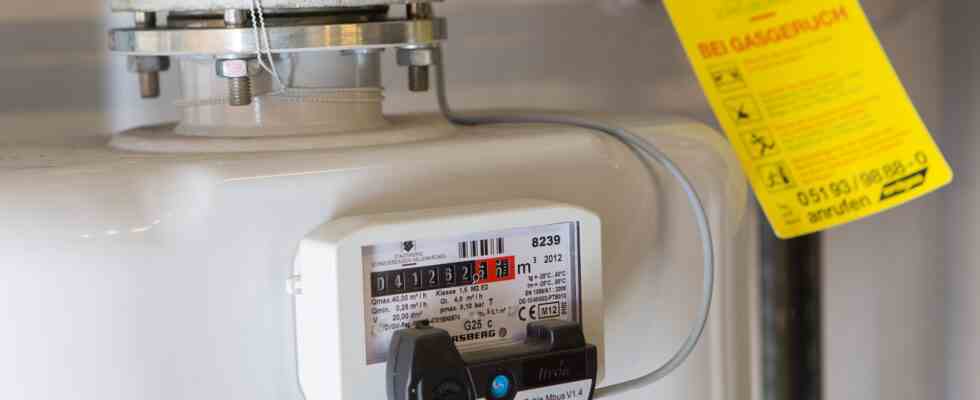Status: 05.08.2022 18:01
The state would make a lot of money from the gas surcharge that was decided on. The federal government would like to do without it – but may not be allowed to do so under EU law.
From October, gas importers can pass on most of their high additional costs. The Federal Cabinet passed the gas levy, which is intended to maintain “supply security for citizens and the economy”.
Exception would probably violate EU law
However, it is unclear whether VAT will also be due on the cost increase. Both Economics Minister Robert Habeck and Finance Minister Christian Lindner said they would like to forgo the tax burden. According to the Ministry of Finance, however, such exceptions are not provided for in European law.
“As Federal Minister of Finance, I don’t want to tax the gas surcharge,” Lindner told the German Press Agency. It is absurd to burden gas customers even more as a state. However, the federal government is bound by EU law. “I will now exhaust all legal and political options to avert an additional burden.” New burdens are not necessary, but relief for the broad middle.
Habeck agreed with Lindner
Habeck defended the levy as necessary. “But it shouldn’t be additionally increased by VAT,” he told the “Tagesspiegel”. He hoped that the Ministry of Finance would find a way.
The Parliamentary State Secretary in the Ministry of Finance, Katja Hessel (FDP), confirmed to the news agency AFP: “We definitely want to avoid an additional burden on gas customers. We are working flat out on a solution and must observe EU legal requirements in particular.”
The association of municipal companies complained that the state should not be the winner of the crisis. Managing Director Ingbert Liebig suggested reducing the value added tax for electricity, gas and heat supplies to the seven percent permitted in Europe. “That would at least somewhat compensate for the unfortunately unavoidable price increase for households.” In addition, the federal government could reduce the electricity tax to the European minimum.
Daniel Pokraka, ARD Berlin, with information on the taxation of the gas surcharge
daily topics 9:45 p.m., August 5th, 2022
Exact costs still unclear
The exact amount of the levy is to be determined by August 15th. Previous calculations by the Ministry of Economic Affairs assume a range between 1.5 and five cents per kilowatt hour. Including VAT of 19 percent, this would mean a levy of 89 to 298 euros for a single household with an annual consumption of 5000 kilowatt hours, according to the comparison portal Check24.
A family with an annual consumption of 20,000 kilowatt hours would therefore face additional costs of between 357 and 1190 euros. If the VAT were waived, the model family would have to pay up to 190 euros less per year. For a single household, a contribution of five cents resulted in 250 instead of 298 euros.

